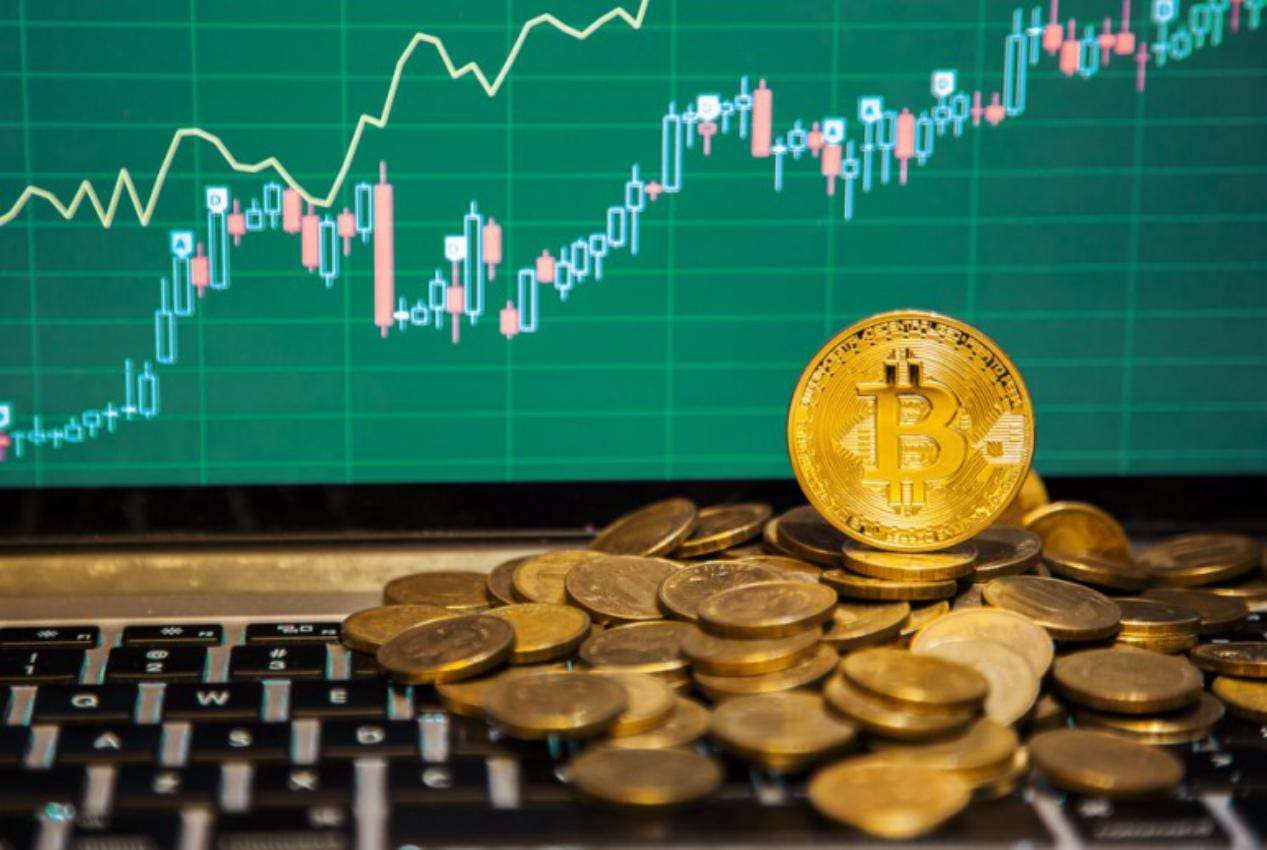NFT-токены, как создавать, выставлять на продажу и дарить
December 17, 2021Understanding How Social Trading Works
A trading bot is a mechanism that includes automated trading systems that place a trade each time the market forms a particular pattern. Once it is clear what are the pros and cons of the social trading strategy, please feel free to check what are the most widely used methods and tips. The Trader copier selects the type and sets the copy settings when your account is linked to the Trader account. The Trader copier must carefully address the issue of selecting the type of copy, estimate their funds and the trading strategy of the Trader account from which they wish to copy the transaction.

Worth noticing is that social trading is not necessarily linked to a particular software or website. Thanks to Reddit-based rumors about the company, investors, commonly described as sole speculators, invested heavily into the shares of this firm. GameStop first skyrocketed, but later it witnessed a selloff due to an unnatural rise in buying interest. All this “craze” was driven by investors from Reddit and other online communities, which did not stop there. For copy trading, a copy trader normally needs a minimum amount of 50 USD.
What markets are most suited to copy trading?
Traders’ accounts with smaller deposits will not be ranked in the copy trading service. Is the trader who identifies the signals to be followed by the investor or follower/copier. Manual is most similar to ‘normal’ trading where you decide who to follow and which trades to copy. The advanced technology https://xcritical.com/blog/what-is-social-trading-and-how-it-works/ of MetaTrader combined with FXTM’s unparalleled trading services, offers a high quality experience for the user. FXTM offers the industry’s leading FX trading platforms MT4 directly on your PC, MAC, mobile or tablet so that you can trade at your convenience whenever and wherever you like.
GameStop (GME) Shares Have Risen 21.7% YTD. What’s Next? – AskTraders
GameStop (GME) Shares Have Risen 21.7% YTD. What’s Next?.
Posted: Mon, 12 Jun 2023 12:17:59 GMT [source]
In that case, the Trader will earn a commission on the difference between the profit and unrecorded loss, and they don’t need to close trades for that. It’s enough to have open trades whose floating loss reduces at the moment of a rollover to such an extent that the condition mentioned above is fulfilled. Also, you can limit your risks by choosing a specific copy type, for example, Copying a predefined % of the Trader’s each trade or Copying a fixed share of your equity. Having pre-set a small percentage of copy trade volumes or using a fixed share of your equity, you can control your risks, but you reduce your prospective profits respectively, at the same time.
What a copy trader should know
It’s similar to copy trading, in that social traders look at what other top investors are doing then replicate that in their own portfolios. It sounds easy enough, especially for investors who don’t want to spend hours researching stocks or other investments on their own. Social trading is an alternative way of analyzing financial data by looking at what other traders are doing and comparing and copying their techniques and strategies. Prior to the advent of social trading, investors and traders were relying on fundamental or technical analysis to form their investment decisions. Using social trading investors and traders could integrate into their investment decision-process social indicators from trading data-feeds of other traders.
For more experienced traders, it can enable them to step away from their screens if they need to, as all trades are automated. Don’t invest more than you can afford to lose – Your trading journey will begin with a few weeks of testing various traders and strategies. It is important to keep in mind that most traders lose capital when they invest in the financial markets. Every modern trading platform that offers social trading has designed “zones” for communities of like-minded individuals. It is an excellent concept since the knowledge is being shared free for many.
Beginner Forex book
ZuluTrade allows less experienced traders to follow established traders, or signal providers, who are ranked according to an internal ranking known as “ZuluRank”. Social trading works by creating quick access to financial markets, enabling beginner and experienced traders alike to share strategies and copy each other’s trades. In fact, new technology and advanced platforms have made it easier than ever to become a social trader.
Beginners can learn to trade faster by following experienced traders. Copy trading is not only for the inexperienced, as a lot of expert traders also use copy trading as a means of market research. It saves time and could be part of a new strategy that can be implemented and potentially profitable .
Social Trading: That’s How You Make Your Money Work
CFDs are complex instruments and come with a high risk of losing money rapidly due to leverage. 72% of retail investor accounts lose money when trading CFDs with this provider. You should consider whether you understand how CFDs work https://xcritical.com/ and whether you can afford to take the high risk of losing your money. CFD and Forex Trading are leveraged products and your capital is at risk. Please ensure you fully understand the risks involved by reading our full risk warning.
- But you need to choose the most efficient traders so you can make profits from their trades.
- You do not need to have any input on the trades, and you get the identical returns on each trade as your chosen trader.
- Your portfolio would then reflect the same type of trading activity.
- To find traders that have a strong track record and trading style that you want to emulate.
- To understand how “shared” trading is utilized by market participants, we must first mention the most commonly used methods developed to do so.
- The technical storage or access is required to create user profiles to send advertising, or to track the user on a website or across several websites for similar marketing purposes.
A trading profit of $250 is still required for exiting the drawdown. The same goes for a situation where the Trader tops up their account, but Copy-Trading accounts are not topped up. If the “Copy opened orders” option is enabled, the Trader’s and the Copy-Trader’s equities might change disproportionately for the reason mentioned above. The post Understanding How Social Trading Works appeared first on SmartAsset Blog.
Is copy trading legal?
The main thing is to use a regulated broker providing you with a social trading platform. The FBS copy trading platform also offers a risk-free investment option. Any newcomer has three tries to invest with zero risk, using FBS CopyTrade.
Follow traders with successful winning rates – Examine whether the trader is consistently succeeding. Note that win-rate at least 50% in the win/loss ratio is generally preferred and considered a solid performance. Thus, every choice you make in social trading is entirely up to you. It is therefore perfect for individuals who seek complete autonomy over their trades. You are the one who decides what risks you take, and you are ultimately in charge of your trades.

